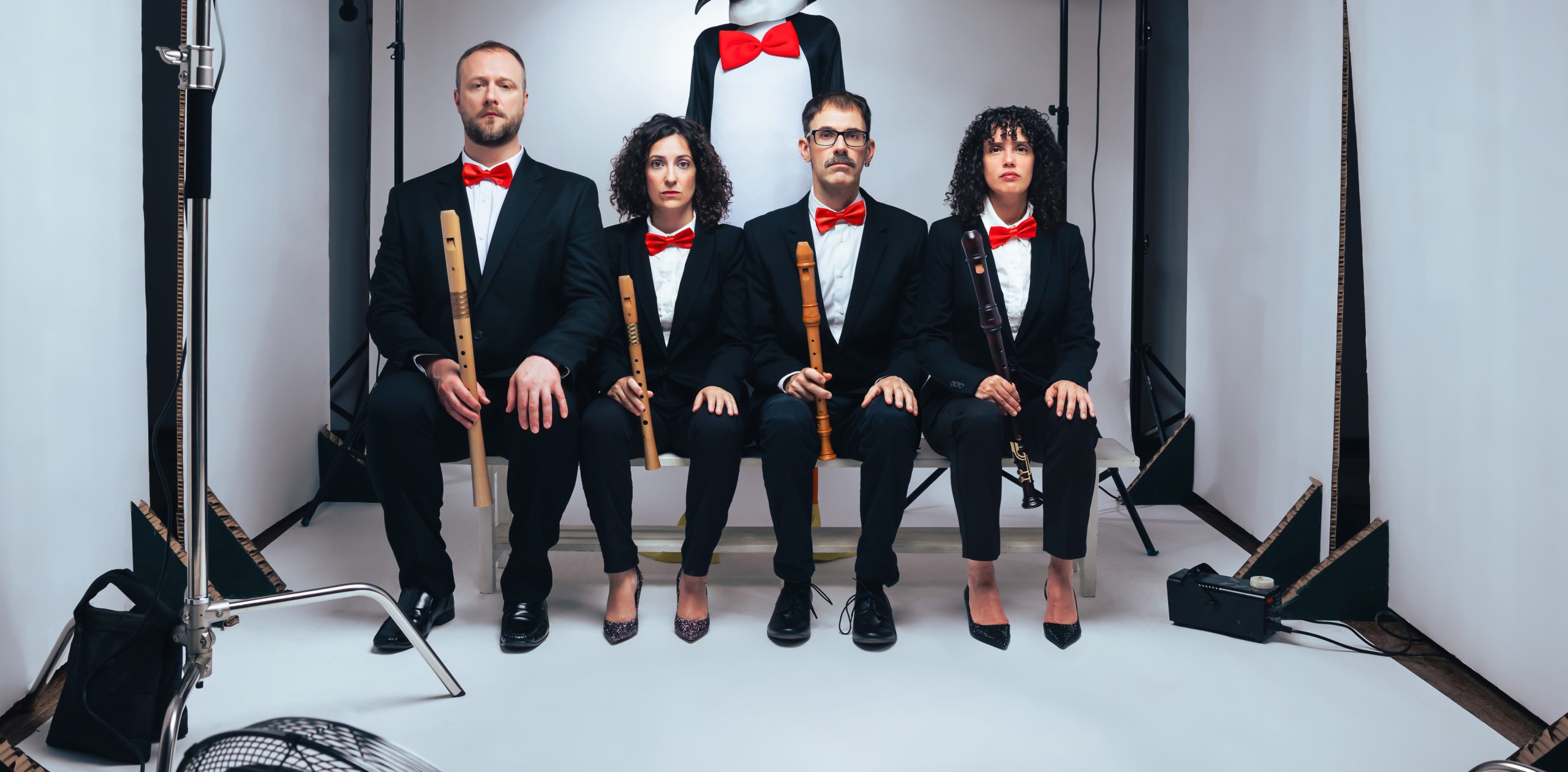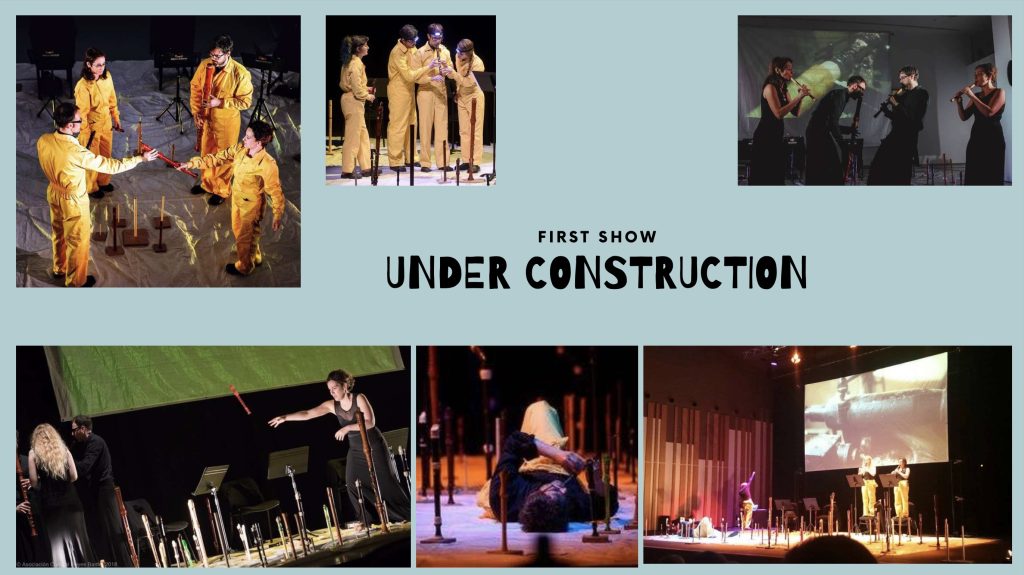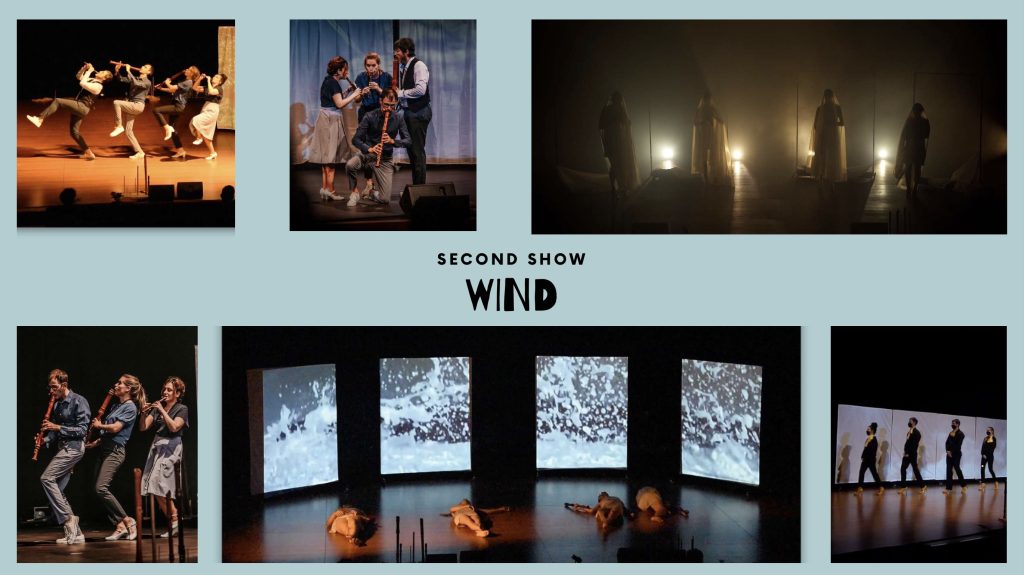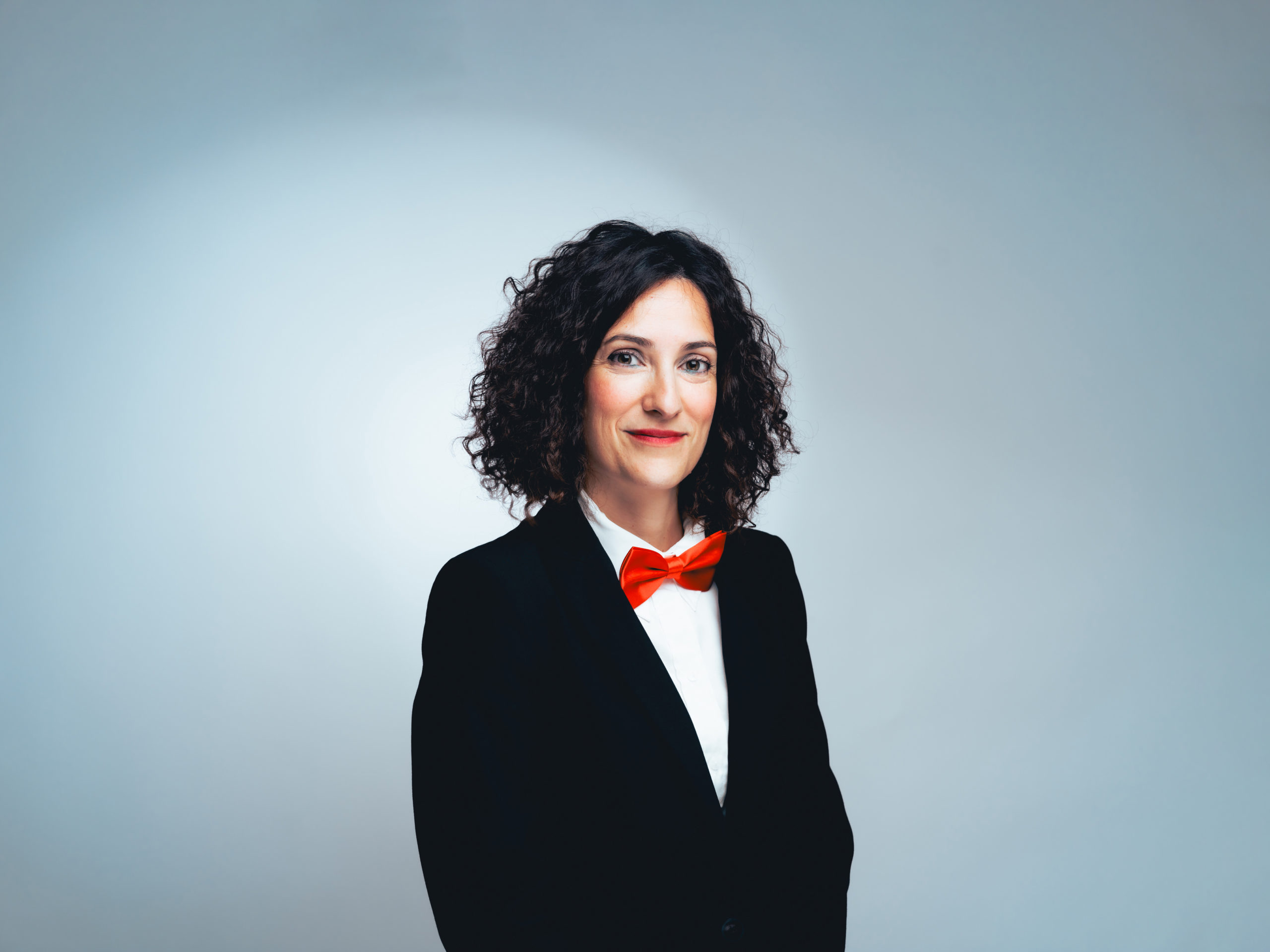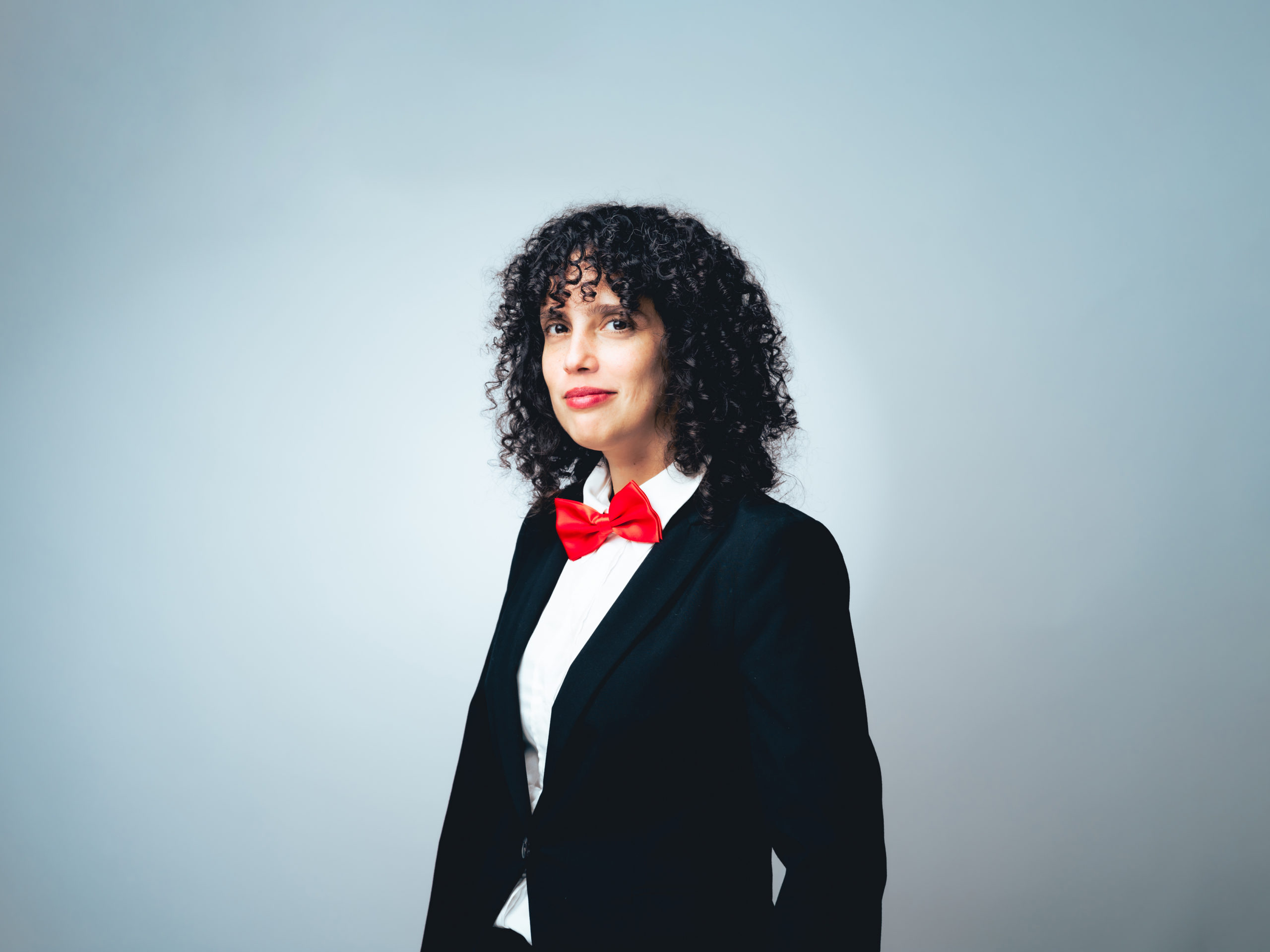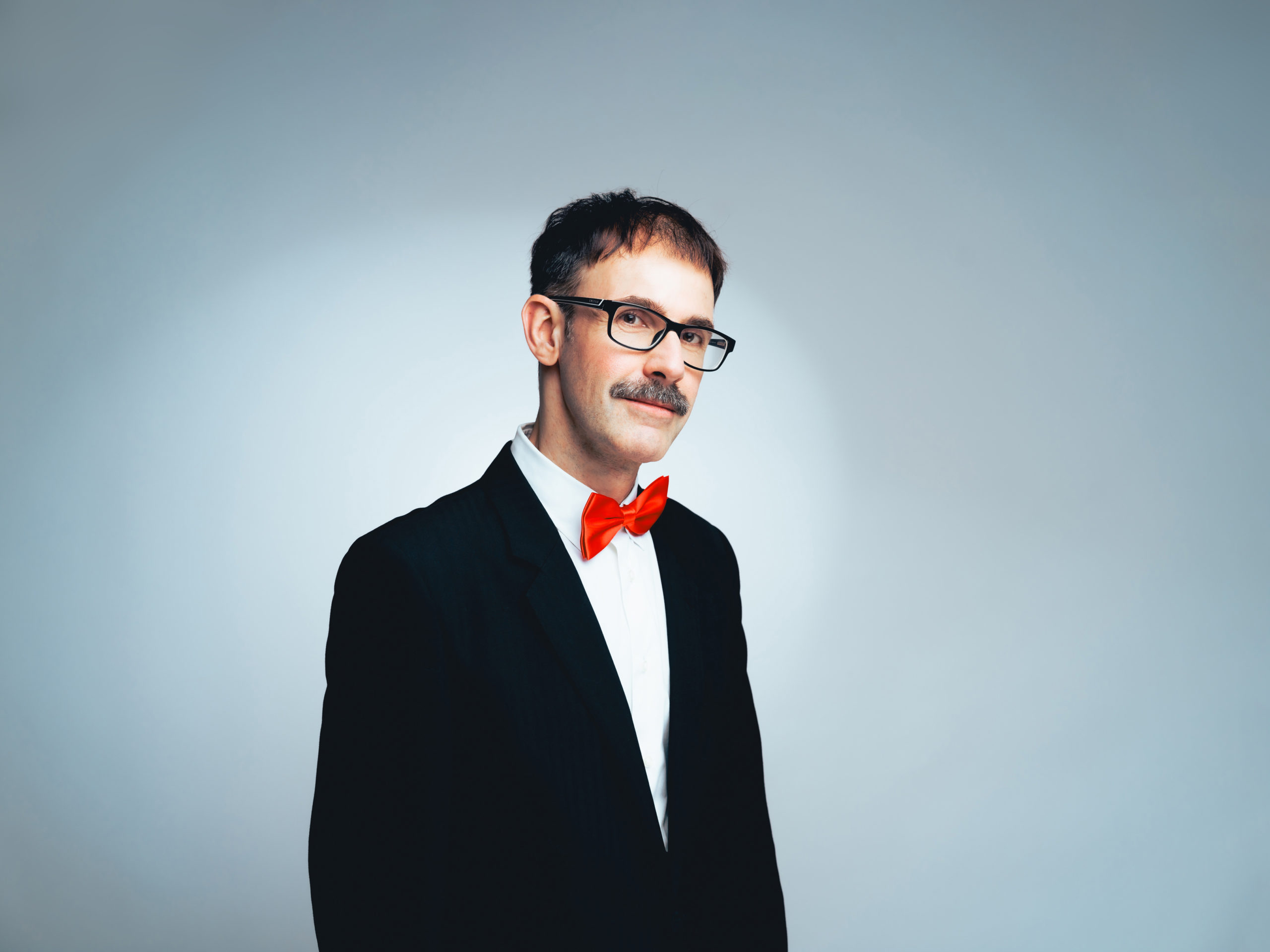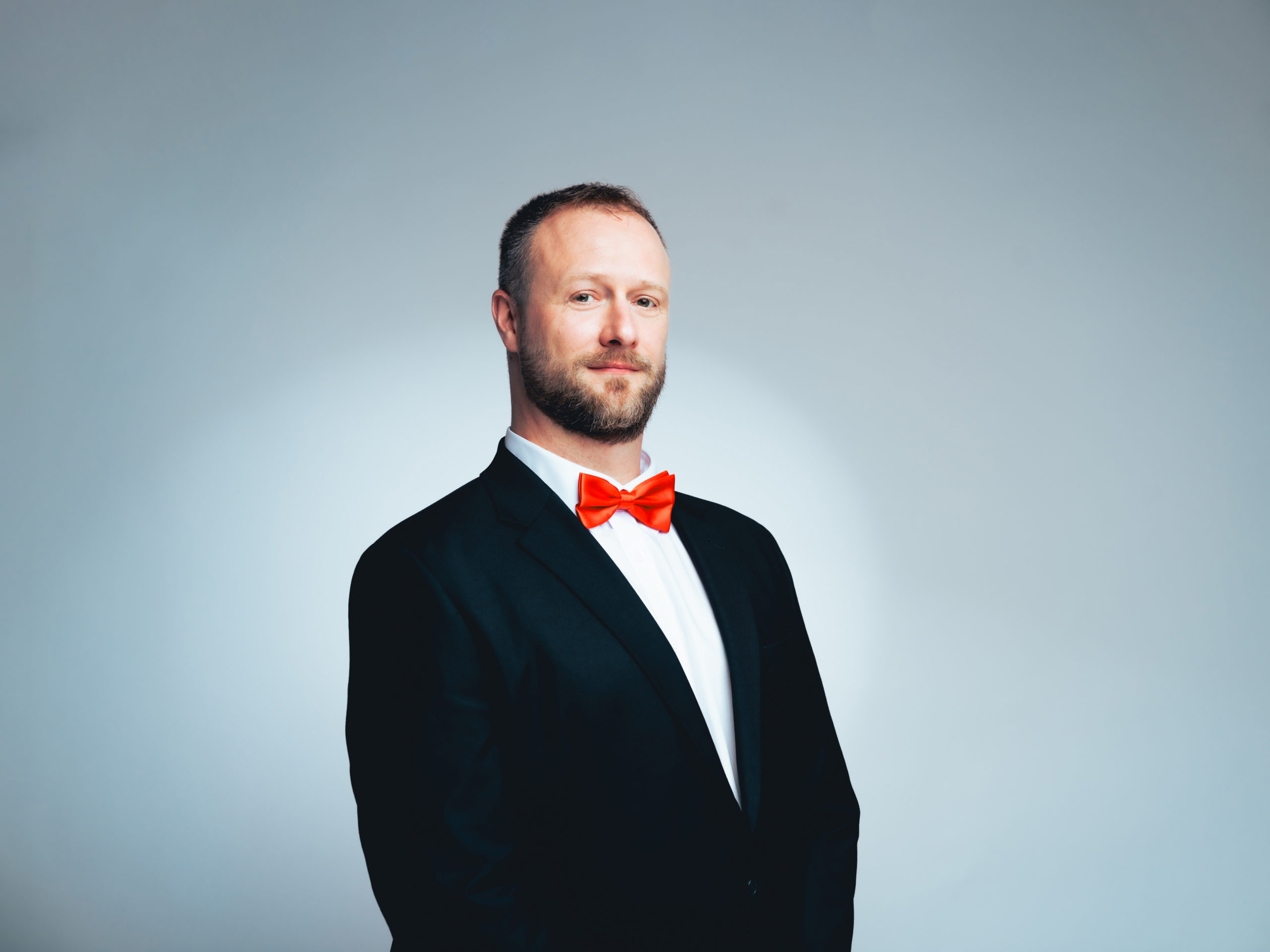TAMAR LALO
Recorder player and music teacher at the Conservatorio Superior de música de Castilla y León (Salamanca).
Tamar Lalo began her professional career in her home country, Israel, performing as a soloist with numerous orchestras, including the Israel Philharmonic Orchestra under the baton of Maestro Zubin Mehta. Since 2010, she has resided in Madrid, where she has developed her career as an early music performer. In recent years, Tamar has performed as a soloist with groups such as La Ritirata, Euskal Barrokensemble, Música Ficta, Ensemble Constantinople, Forma Antiqva, and Ensemble Fontegarara, offering concerts throughout Europe, Japan, Canada, China, Chile, Israel, Costa Rica, Mexico, Bolivia, Peru, and Colombia.
She has recently participated in festivals such as the CNDM’s Universo Barroco, Musika-Música in Bilbao (Folle Journée), the Malta International Baroque Festival, Tage Alter Musik Regensburg, Deutschlandradio Kultur Berlin, Varaždin Baroque Evenings in Croatia, among others.
She has performed in prestigious concert halls such as the National Theatre of Beijing, the National Auditorium of Music in Madrid, the Euskalduna Palace in Bilbao, and is a member of one of the groups selected for the Grand Audition of REMA (European Early Music Network) in 2010.
She has recorded numerous CDs for labels such as Glossa, Arsis, Winter and Winter, Cantus, and Enchiriadi. Her recordings have received critical acclaim in leading European publications, earning distinctions such as “Recommended CD Compact,” “Exceptional Album of the Month” by Scherzo magazine, “Melómano de Oro,” as well as “4 étoiles” in Classica (France), and excellent reviews in Toccata and Fono Forum (Germany), Gramophone, and BBC (United Kingdom), among others. She has recently recorded her first solo CD, which will be released soon.
Along with La Ritirata, she received the 2013 Ojo Crítico Award from RNE in the Classical Music category, awarded for the first time to an early music group. She has made recordings for RTVE, RNE, Deutschlandradio Kultur, Canal Sur, CNART TV, HRT (Croatia), and Radio USACH in Santiago de Chile.
A finalist in the Van Wassenaer Competition, she has also received the Huyghens Scholarship Program. Graduating with honors from Thellma-Yellin High School of Arts, she was a recipient of the American-Israel Cultural Foundation scholarship (which supports young artists studying in Israel) from 2000 to 2006, receiving the title of Outstanding Musician from the Minister of Education and winning The Wind Competition at the Jerusalem Academy in 2003/4.
Tamar Lalo holds a Master’s degree in Early Music and has studied at the Escola Superior de Música de Catalunya, the Koninklijk Conservatorium in The Hague, the Koninklijk Conservatorium in Brussels, and the Jerusalem Academy of Music and Dance. Her teachers have included Pedro Memelsdorff, Daniel Bruggen, Peter van Heyghen, Bart Coen, and Dorothea Winters.

